Kenya
Making facemasks to help refugees stay safe in Kenya
The travel restrictions extended to the country’s two main refugee camps, Dadaab and Kakuma, near the Sudanese border. Although there were exceptions—humanitarian aid workers, who were allowed entry on a case-by-case basis, and trucks delivering food aid—refugees were not allowed to travel out of the area.
In crowded Kakuma Camp—home to 190,000 refugees from across sub-Saharan Africa—social distancing was essentially impossible. Recognizing the urgent need for facemasks, the refugee-led organization Resilience Action International (RAI) partnered with Ipas to quickly begin making masks for elders, disabled people, single mothers, female entrepreneurs and others in need. With Ipas’s support, RAI purchased face mask-making material and hired tailors to make 3,300 masks, a task completed in three weeks.
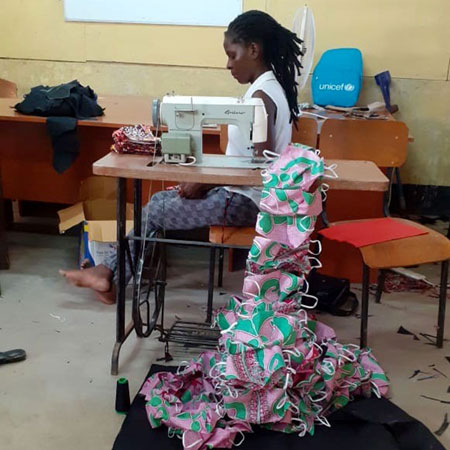
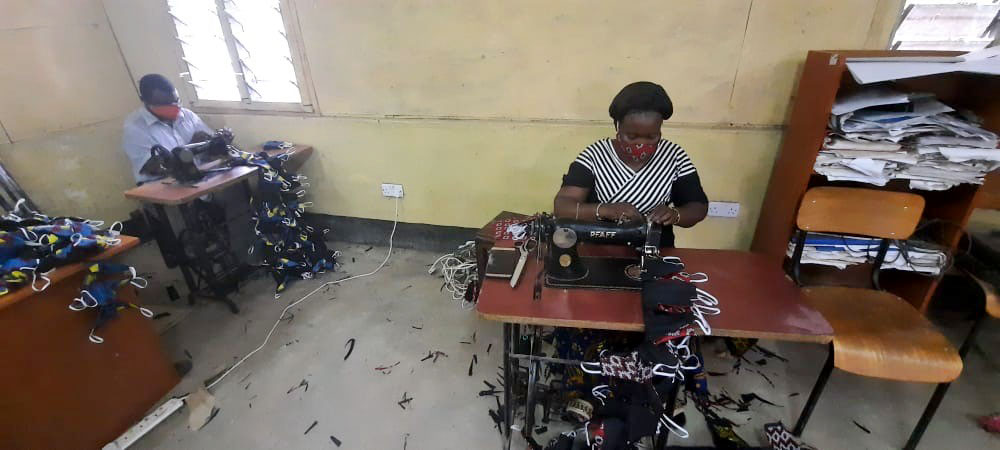
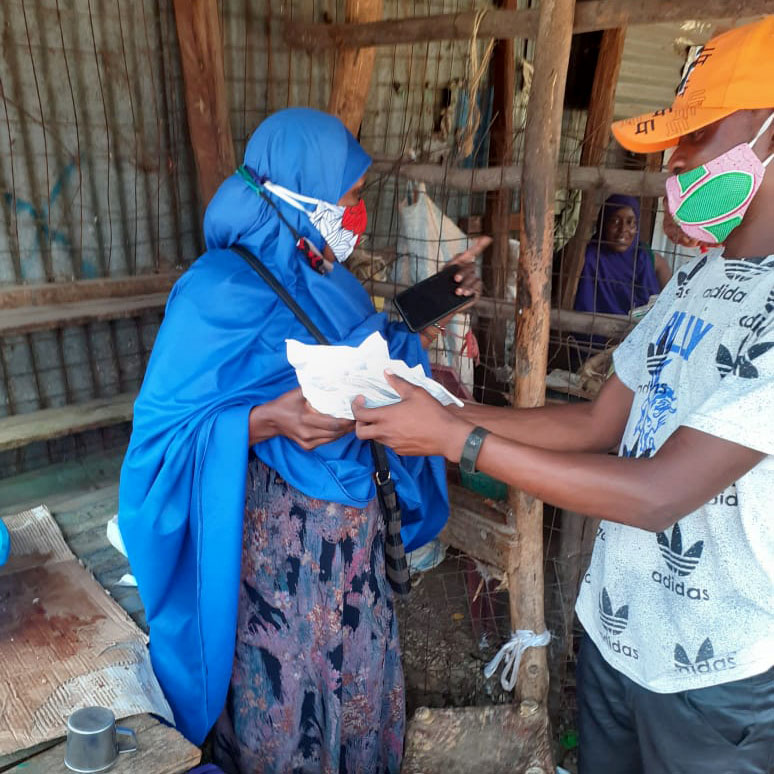
Xawo Ducale receives protective face masks in Kakuma Camp, Kenya.
For more information contact [email protected]
Every crisis is different. Our varied solutions recognize that.
Through a variety of different programs and approaches, we’re proving that reproductive health care can be made accessible during an acute crisis and in the years that follow.
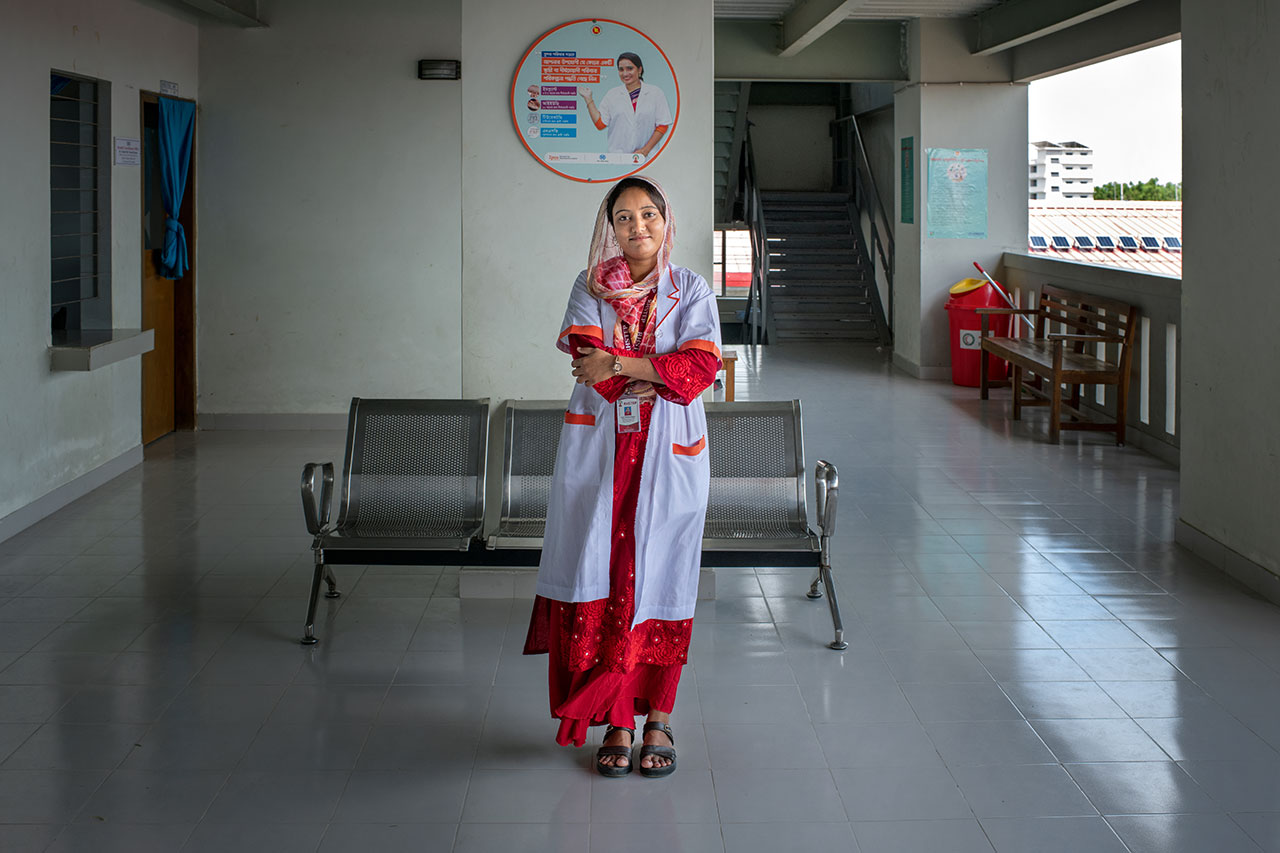
Bangladesh
Training health workers in Rohingya refugee camps
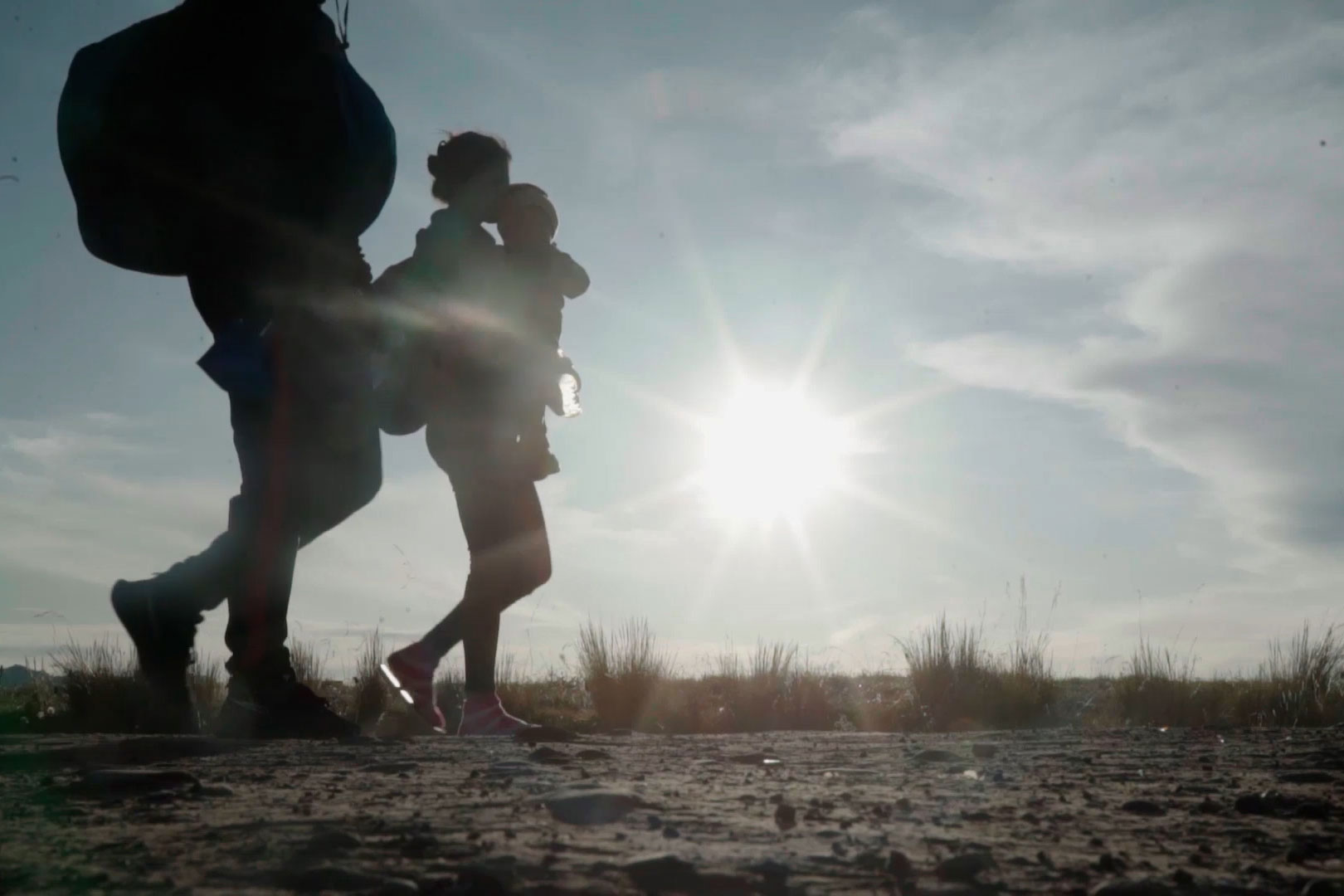
Bolivia
Providing health information and care to Venezuelan migrants
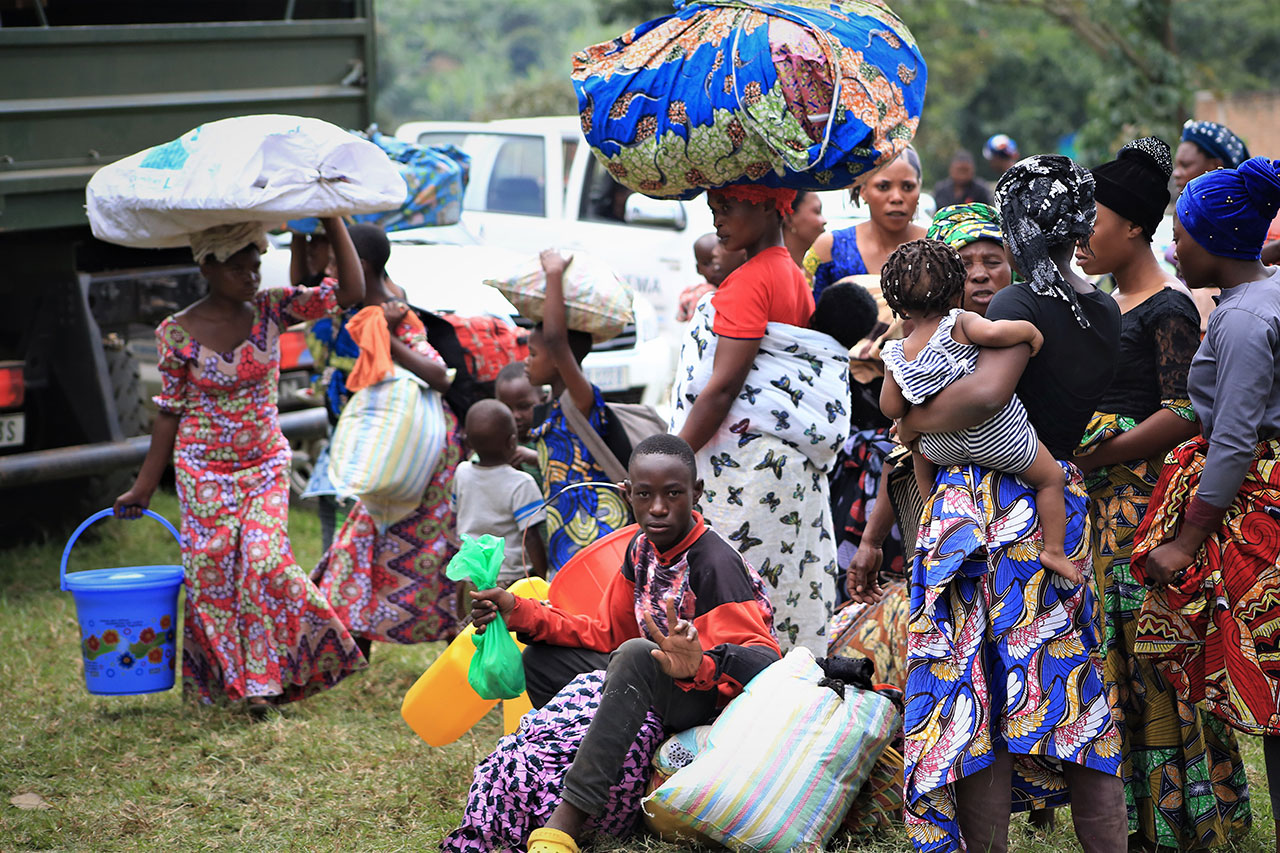
Democratic Republic of Congo
Ensuring care for internally displaced people
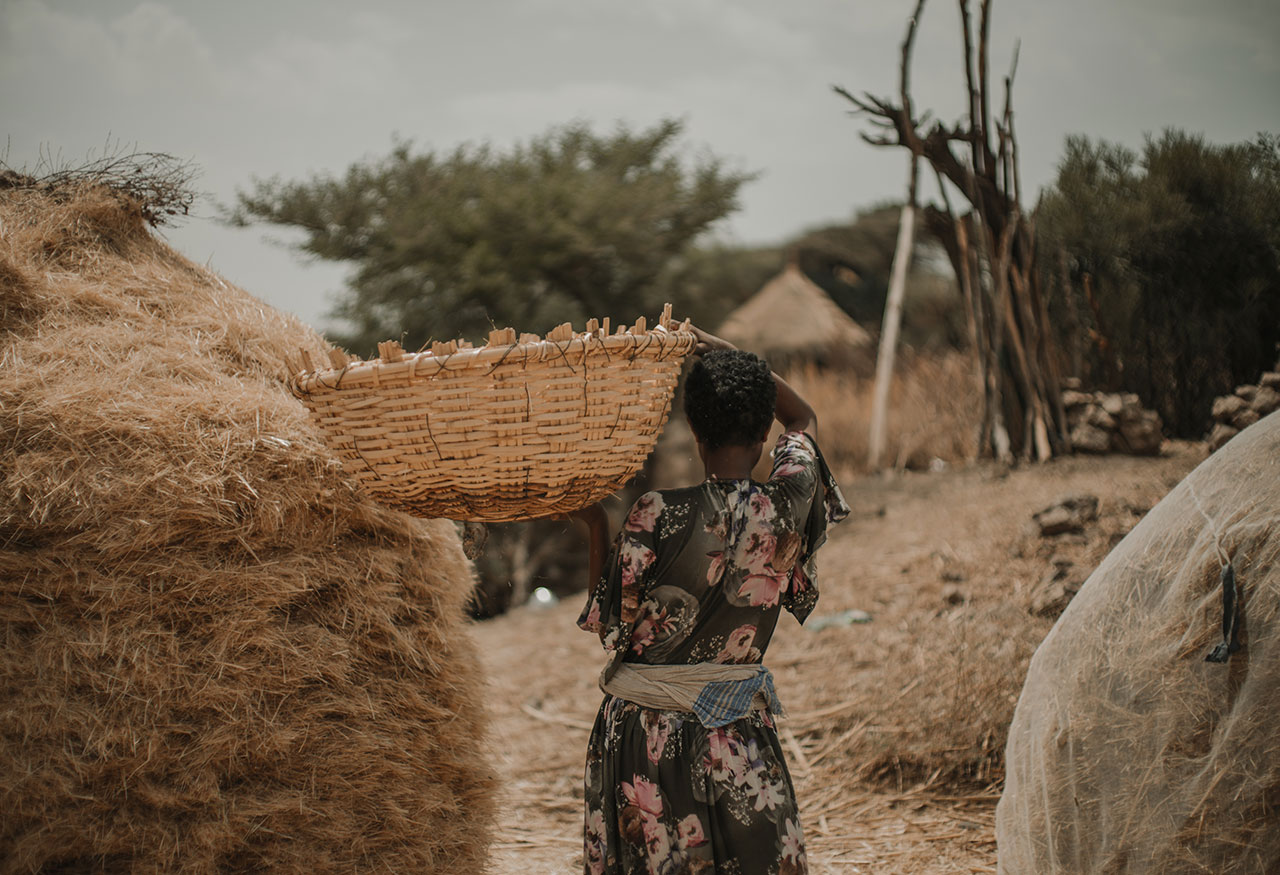
Ethiopia
Partnering with community groups and health workers during civil war
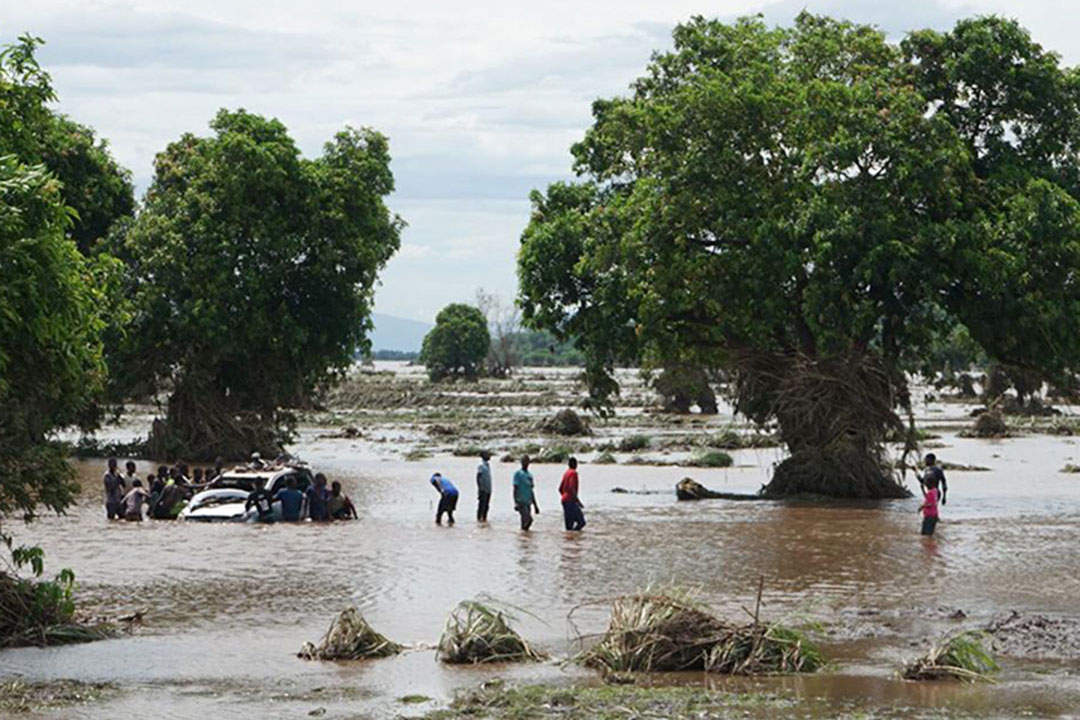
Malawi, Mozambique and Zambia
Coordinating a response after cyclones and flooding
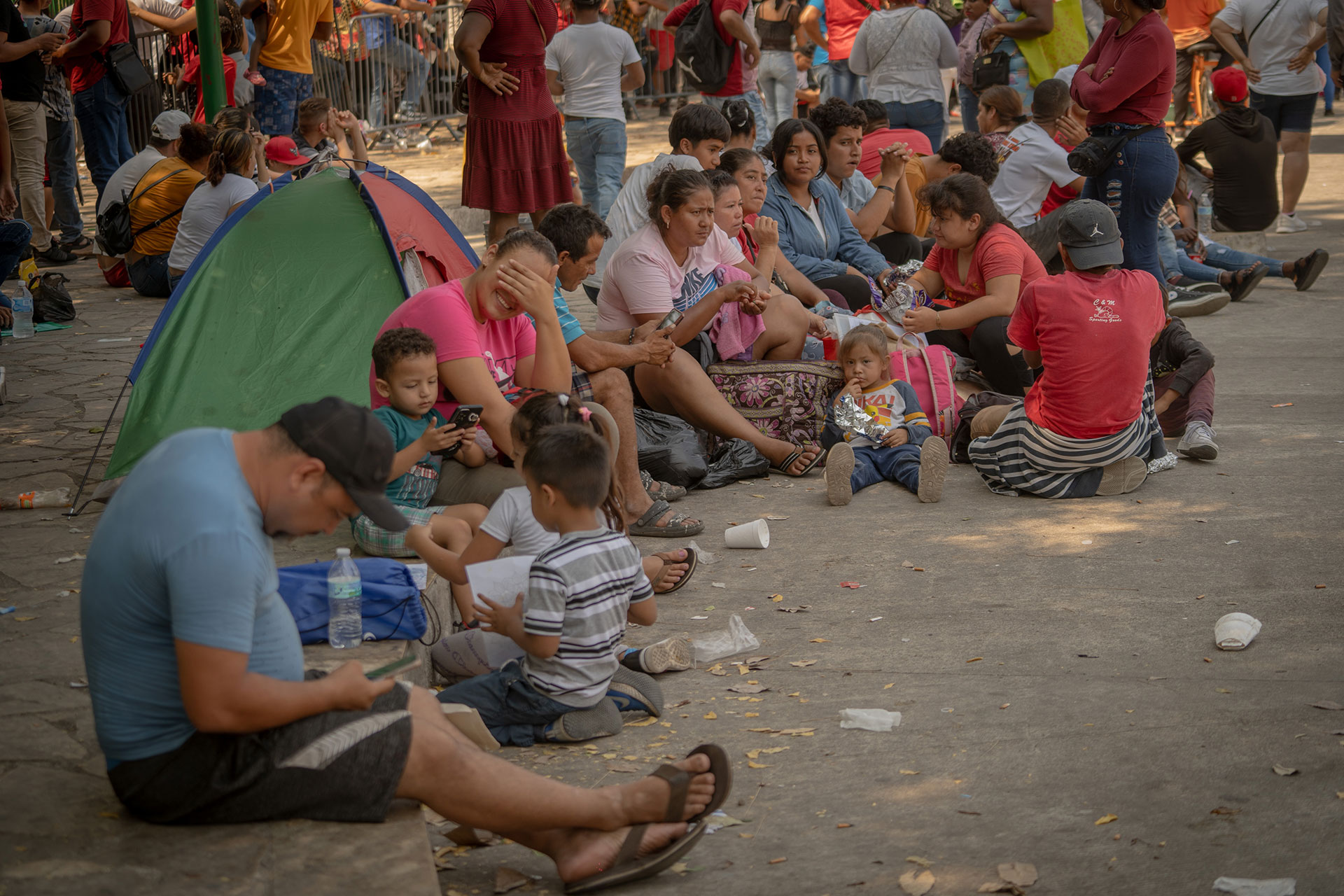
Mexico
Expanding abortion access along key migration routes
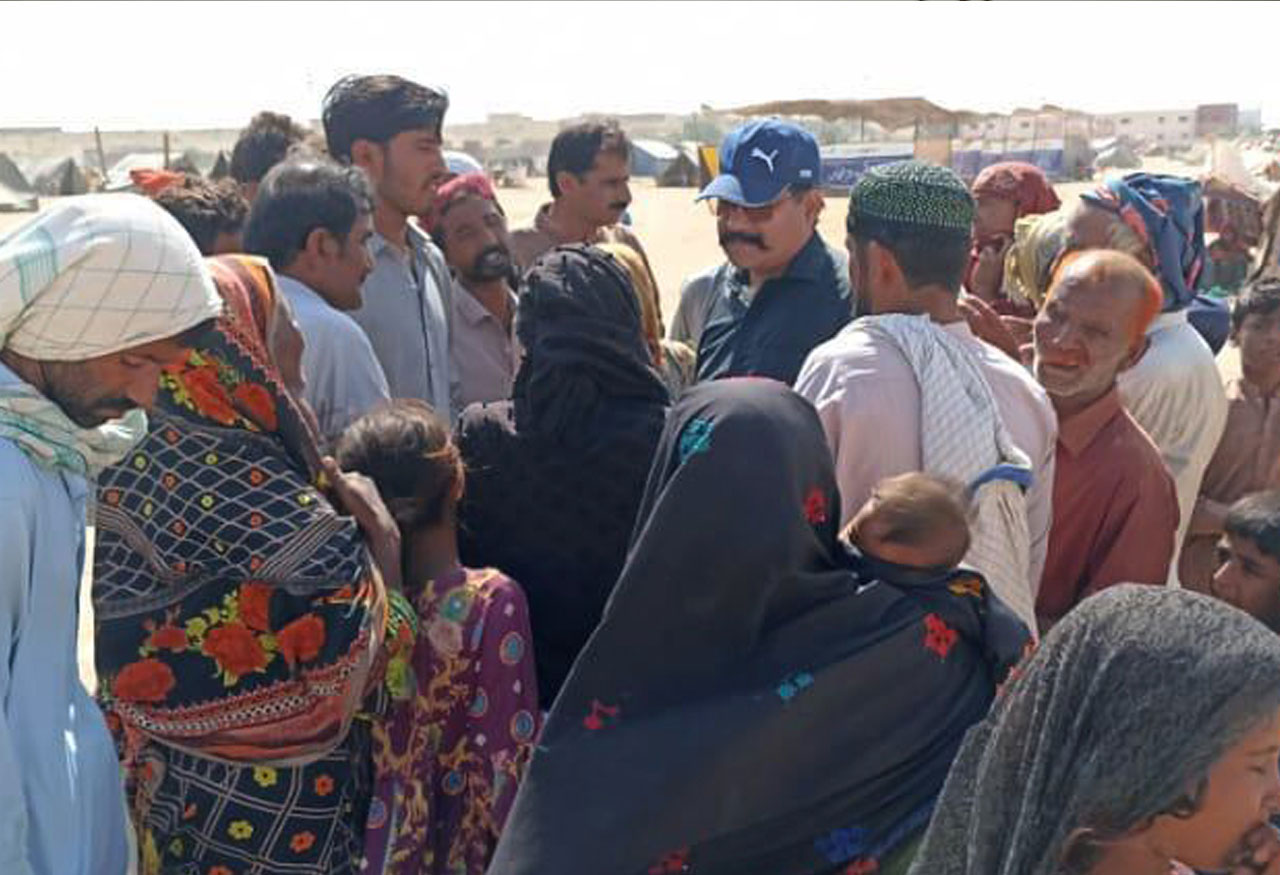
Pakistan
In flood-hit Pakistan, Ipas is ensuring reproductive health care

